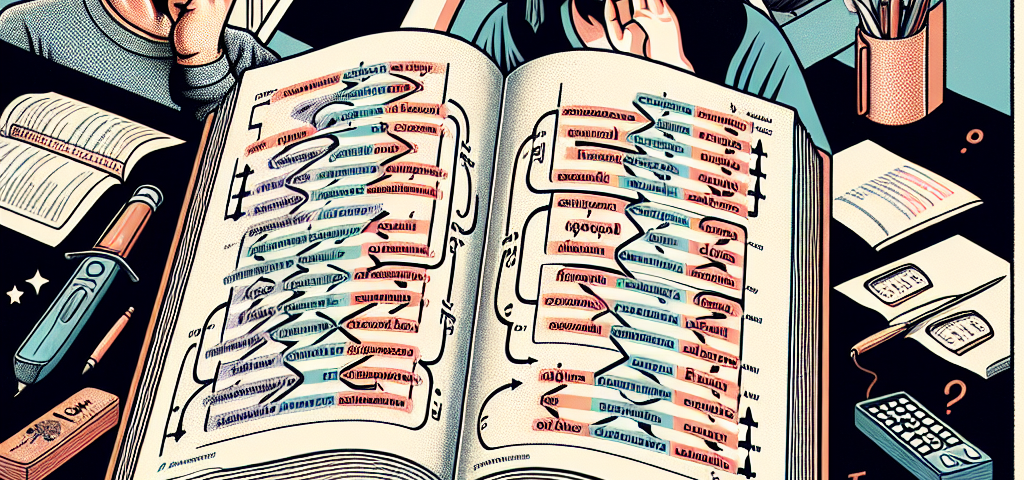
The Foundations of French: Grammar Tips for New Learners
May 30, 2025
Top Resources for French Exam Preparation: Books, Apps, and More!
May 30, 2025
Navigating the intricacies of French verb conjugation can often feel like wandering through a labyrinth. With multiple tenses, numerous irregular verbs, and various moods, it’s no wonder that many learners find the task daunting. However, understanding the basics and employing a few strategies can simplify this process, turning confusion into confidence.
Understanding the Basics
French verbs are categorized into three main groups based on their endings:
- -er verbs (e.g., parler – to speak)
- -ir verbs (e.g., finir – to finish)
- -re verbs (e.g., attendre – to wait)
Each group follows specific patterns when conjugated, making it easier to predict the forms once you grasp the rules.
Common Tenses
1. Present Tense
The present tense in French indicates actions occurring currently. To conjugate regular verbs in the present tense, remove the infinitive ending and add the appropriate endings:
- -er verbs: -e, -es, -e, -ons, -ez, -ent (e.g., je parle)
- -ir verbs: -is, -is, -it, -issons, -issez, -issent (e.g., je finis)
- -re verbs: -s, -s, -, -ons, -ez, -ent (e.g., j’attends)
2. Passé Composé
The passé composé, the most common past tense, is formed with an auxiliary verb (either avoir or être) plus the past participle of the main verb. Most verbs use avoir:
- J’ai mangé (I ate)
Some verbs, particularly those indicating motion or change of state, use être:
- Je suis allé(e) (I went)
3. Future Tense
The future tense in French is formed by taking the infinitive of the verb and adding the future endings (-ai, -as, -a, -ons, -ez, -ont):
- Je parlerai (I will speak)
- Je finirai (I will finish)
4. Imparfait
The imparfait describes ongoing or repeated past actions. It uses a different pattern from the present tense, removing the -ons from the nous form of the present:
- Je parlais (I was speaking)
- Je finissais (I was finishing)
5. Subjunctive Mood
The subjunctive expresses doubt, emotion, necessity, or uncertainty. Although more complex, it can be approached methodically. Regular verbs typically follow patterns similar to the present tense but are conjugated completely differently:
- Il faut que je parle (It is necessary that I speak)
Tips for Simplifying Conjugation
-
Group verbs: Focus on one group at a time. Mastering -er verbs before moving on to -ir and -re verbs can help build confidence.
-
Practice regularly: Consistent practice is key. Use apps, flashcards, or language exchange partners to reinforce your skills.
-
Mind the exceptions: While French has many irregular verbs (e.g., être, avoir, aller), memorizing a few at a time can prevent overwhelm. Create a cheat sheet for these.
-
Conjugation charts: Create or find conjugation charts for reference. Visual aids can help solidify your understanding of verb forms.
-
Contextual learning: Use verbs in context. Write sentences or short paragraphs using new conjugations to better retain them.
- Listen and repeat: Exposure to spoken French via music, films, or podcasts helps reinforce the correct conjugations in a natural setting.
Conclusion
While French verb conjugation may seem overwhelming at first glance, breaking it down into manageable components can ease the learning process. With a structured approach, regular practice, and a willingness to embrace mistakes, learners can transform confusion into clarity— mastering French verb tenses without the headache. Whether you’re a beginner or a more advanced student, adopting these techniques will lead to greater fluency and confidence in your French-speaking journey.

